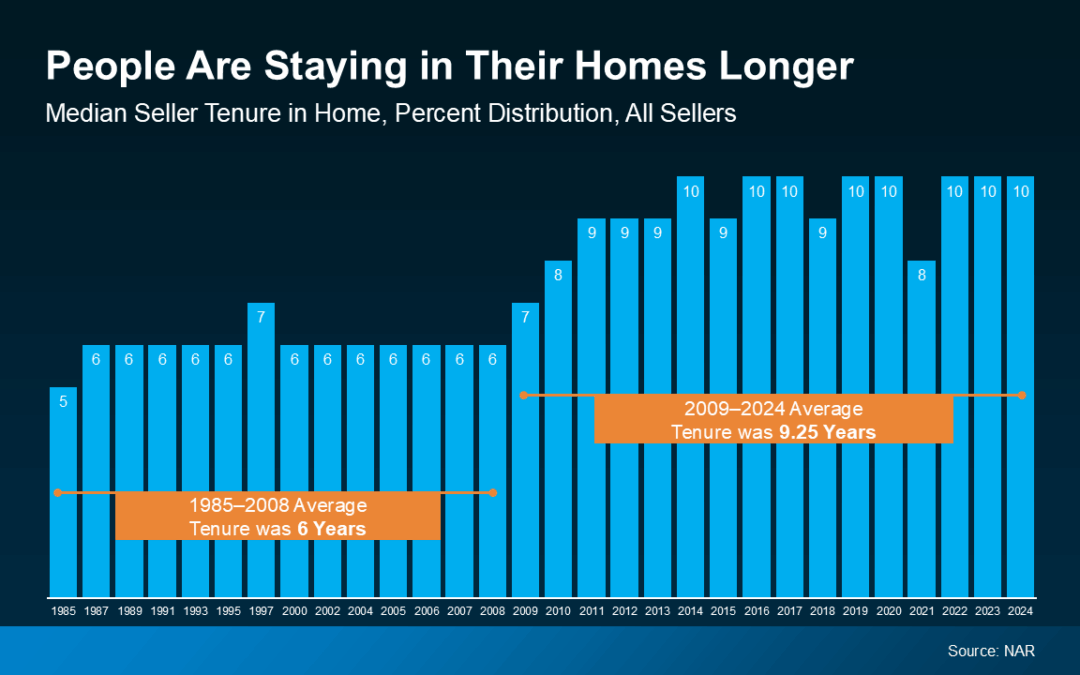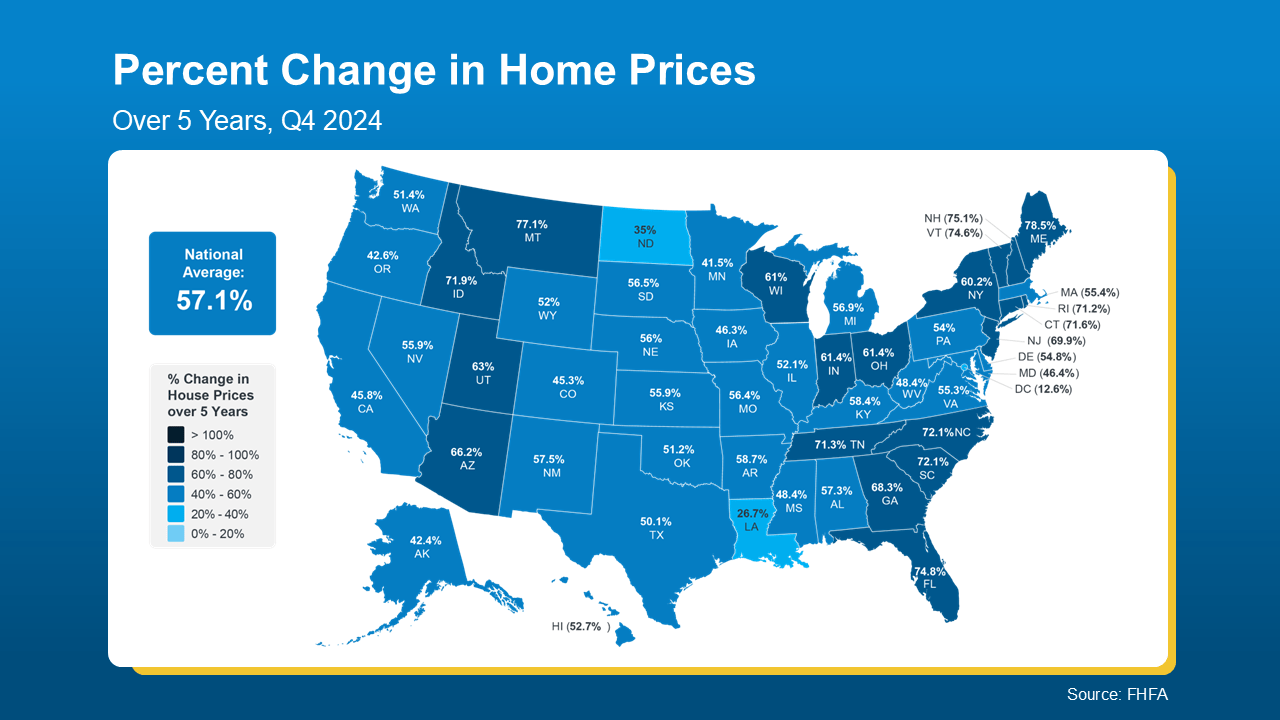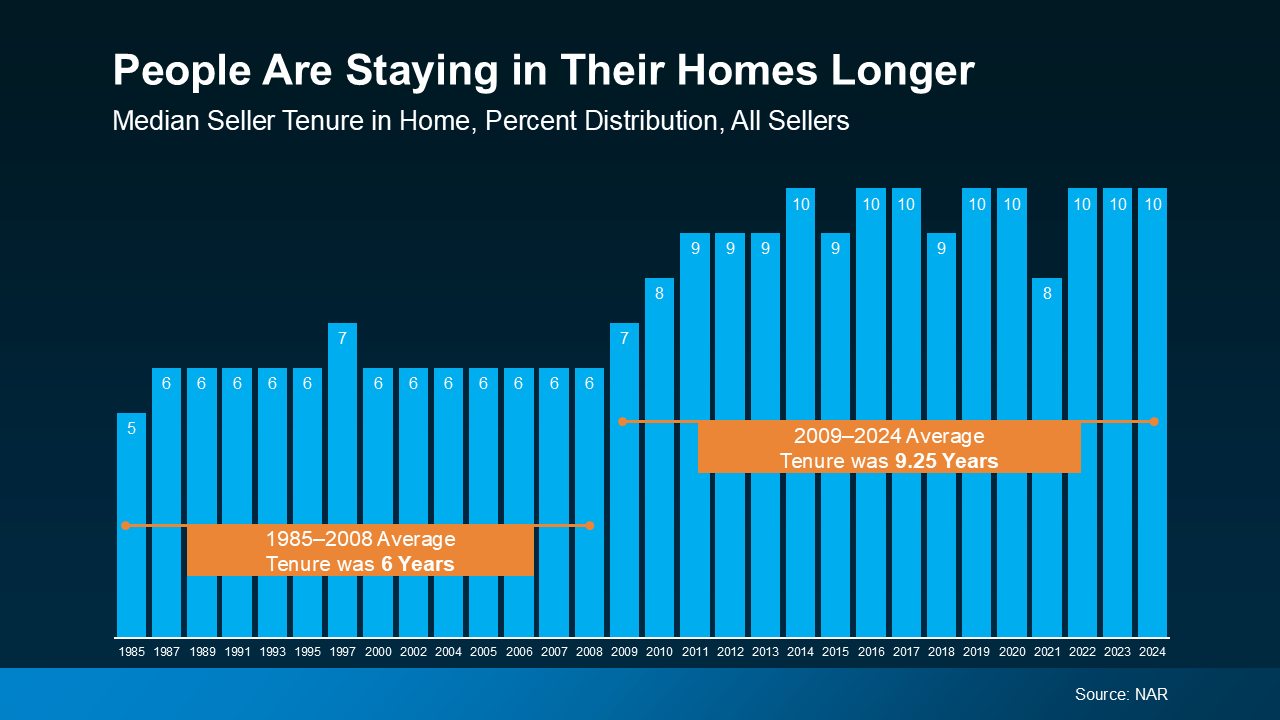
Pre-Approval Isn’t Commitment – It’s Clarity
Pre-Approval Isn’t Commitment – It’s Clarity
If buying a home is on your radar – even if it’s more of a someday plan than a right now plan – getting pre-approved early is still one of the smartest moves you can make. Why? Because, like anything in life, the right prep work makes things clearer.
The best time to get serious about buying is before you’re ready to buy. Here’s why.
Pre-Approval Helps You Understand Your Numbers
One of the biggest benefits of pre-approval is how it helps you understand your buying power. As part of the pre-approval process, a lender will walk through your finances and tell you what you can borrow based on your income, debts, credit score, and more. That number is power.
Once you have that clarity, you’re no longer guessing. You know what you’re working with. And that gives you the information you need to be able to plan ahead. That way, you’re not falling in love with homes that are outside of your price range – or missing out on ones that aren’t.
Pre-Approval Helps You Move Quickly When You’re Ready
You don’t have to be ready to buy to be ready to buy.
It happens all the time – someone scrolls through listings just for fun, and then BAM – they fall in love with something they see online. But by the time they scramble to connect with an agent and then get pre-approved with a lender, someone else beats them to it, and they lose the home. And you don’t want that to happen to you.
While you can’t control when the right home shows up – you can be ready for it.
Pre-approval isn’t about jumping the gun or rushing your timeline. It’s about making sure you’re ready when it’s go-time. As Experian explains:
“Waiting too long to get a preapproval, however, could leave you at a disadvantage . . . you could find the perfect home, but another buyer could snatch it up while you’re waiting for the lender to review your preapproval application. . . getting a preapproval just before you begin actively looking at homes may be your best option.”
Instead of rushing to figure out your numbers, trying to get documentation for your home loan together, and watching the house you love slip away while you wait to hear from your lender, you’re already in the game.
It’s like showing up to the starting line with your shoes tied and your warm-up done – while everyone else is still looking for parking.
But pre-approvals do have an expiration date, so be sure to ask your lender how long it’s good for. Bankrate offers this insight:
“Many mortgage preapprovals are valid for 90 days, though some lenders will only authorize a 30- or 60-day preapproval. If your preapproval expires, getting it renewed can be as simple as your lender rechecking your credit and finances to ensure there have been no major changes to your situation since the first time ‘round.”
The thing is, if you’ve been pre-approved – even if you’re just thinking about casually looking – you have a much better sense of how to navigate your home search within your budget. Plus, you’ll be ready if the perfect home comes along. So why not make it happen?
Bottom Line
Getting pre-approved doesn’t mean you have to buy a house today. But it does mean you’ll know what you’re working with when the right one shows up. If you want to get pre-approved, connect with a lender to get that process started.
In the meantime, let’s have a conversation about what’s on your mind and what you’re looking for.
If the perfect house popped up tomorrow, would you be ready to make a move?





